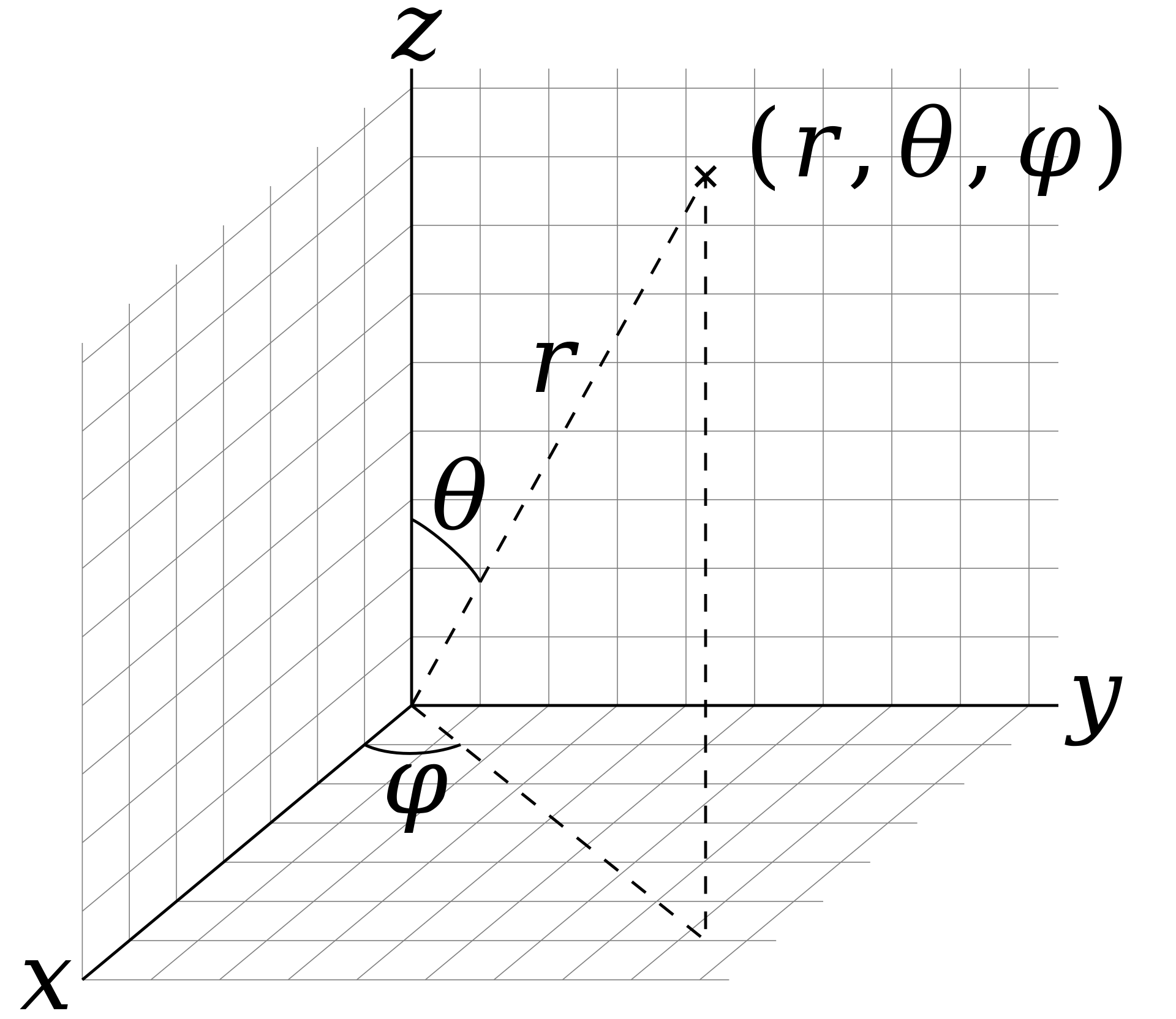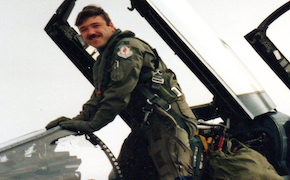true·vector
Ἀρχίλοχος

…of meandering musings, including but not limited to the rather broad field of artificial intelligence along with its various foci of effort.
…is a semi-retired über-curious specialized-generalist, who lived as a child for several years with his dirt-poor grandparents (near literally, as their floor was actually unfinished wood) on a too-big tenant-farm, with a first paying-job as a department-store janitor while in high school (but with talent suitably recognized, was rapidly upgraded to cleaning the gerbil cages after less than a month), moving into house carpentry and construction to make enough money for, and continuing that occupation throughout, college, with (likely excessive) extracurricular activities as a sports photographer, then a career as a USAF officer, followed by a brief stint as a private investor, publicly-traded-company board member, then appointed by a federal judge as a small-cap CEO to effect recovery of embezzled funds which involved some international detective work, on to participating in an aviation manufacturing startup, and finally scraping the rust off the degree and engaging as a cyber-security systems-engineer in the IT field for the last couple of decades, though frequently enjoying the odd foray into new domains along the way.
The dilemma is this. In the modern world knowledge has been growing so fast and so enormously, in almost every field, that the probabilities are immensely against anybody, no matter how innately clever, being able to make a contribution in any one field unless he devotes all his time to it for years. If he tries to be the Rounded Universal Man, like Leonardo da Vinci, or to take all knowledge for his province, like Francis Bacon, he is most likely to become a mere dilettante and dabbler. But if he becomes too specialized, he is apt to become narrow and lopsided, ignorant on every subject but his own, and perhaps dull and sterile even on that because he lacks perspective and vision and has missed the cross-fertilization of ideas that can come from knowing something of other subjects.
A human being should be able to change a diaper, plan an invasion, butcher a hog, conn a ship, design a building, write a sonnet, balance accounts, build a wall, set a bone, comfort the dying, take orders, give orders, cooperate, act alone, solve equations, analyze a new problem, pitch manure, program a computer, cook a tasty meal, fight efficiently, die gallantly. Specialization is for insects.
specialized-generalist: one who cannot make up his mind…
These are the principles for the development of a complete mind: Study the science of art. Study the art of science. Learn to see. Realize that everything connects to everything else.
I suppose it is tempting, if the only tool you have is a hammer, to treat everything as if it were a nail.
Without a broad foundation, it’s facile to slide into confirmation bias by “seeking or interpreting of evidence in ways that are partial to existing beliefs”.
The astute reader will notice the occasional academic faux pas of linking to Wikipedia articles. What contrarian blush has come over the author?
HD: When I use a word, it means just what I choose it to mean—neither more nor less.
AL: The question is, whether you can make words mean different things.
HD: The question is, which is to be master—that’s all. Impenetrability! That’s what I say!
– captured snippet of conversation with well known entropy demonstrator Mr. Dumpty and dysmegalopsiac adventurer Ms. Liddell
The speed and direction of a target relative to a reference point (usually the Geographic [true] North Pole) is called its true vector, and is where this site drew the inspiration for its name, though from the similar application in aviation. If done with modern sonar there is some beamforming to give an angle (bearing) to the reflection (target), while older submarines would have had much less angular precision and would have to rely on more on estimation of own movement to calculate a phase shift in returned signals after a known time and distance change of the observer. Fighter aircraft radar is similar though modern airborne radar can be steered very specifically and precisely with high resolution. To calcuate this an observer generally measures the velocity of the target relative to the observer and then performs a translation (with ever more useful computational capability) of that vector to the reference point.

A true vector or radius vector reverses sign if the coordinate axes are reversed. Examples of polar vectors include r, the velocity vector v, momentum p, and force F.

A true vector or polar vector is a representation of a vector as a magnitude (length) and angle, which is equivalent to specifying its endpoints in polar coordinates.
A true vector as defined in the navigation tab could be likened in machine learning (well, at least by me) to attempting to determine the “goldilocks” (neither underfit nor overfit) prediction path by application of optimization algorithms to datasets of observations.

